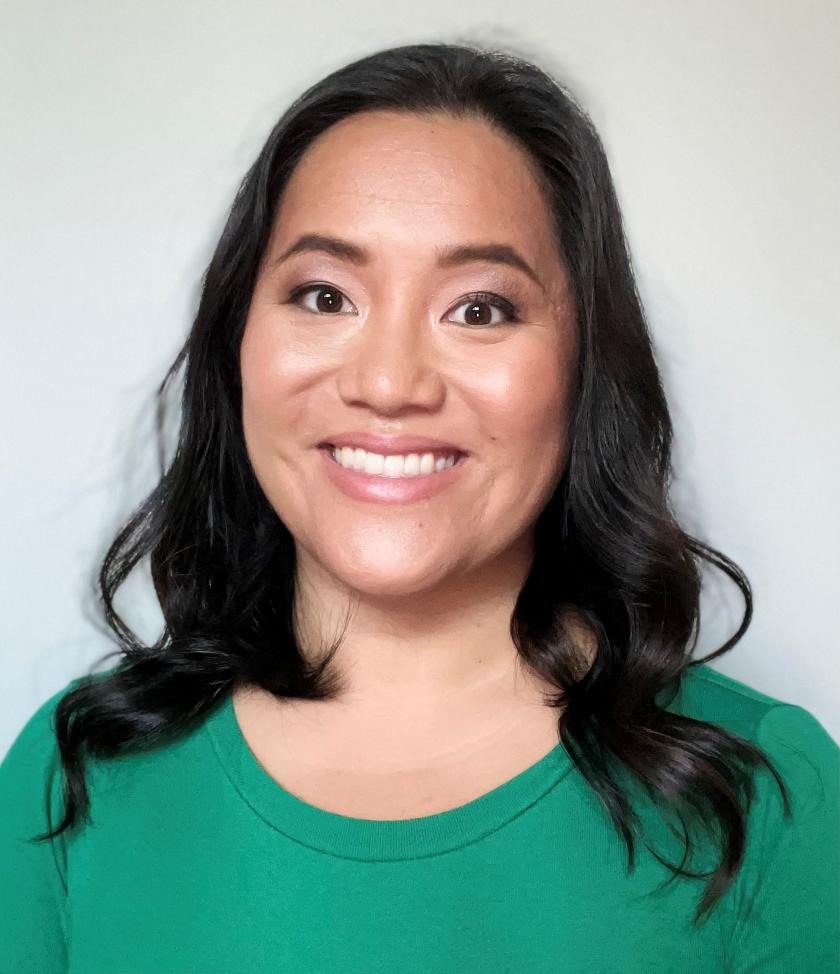
According to the Centers for Disease Control and Prevention, more than one million people have died in the past twenty-five years from a drug overdose. More than seventy-five percent of drug overdose deaths in 2021 involved an opioid. As opioid addiction and deaths have mounted over the decades, the business of making and selling prescription painkillers was hidden from the public. Thousands of lawsuits against opioid manufacturers, distributors, and pharmacies have since exposed the industry's deceptive practices.
In 2021, the University of California, San Francisco (UCSF) and Johns Hopkins University (JHU) launched the Opioid Industry Documents Archive (OIDA). This digital archive of opioid industry documents advances understanding of the root causes of the U.S. opioid epidemic, promotes transparency and accountability, and informs and enables evidence-based research and investigation to protect and improve public health. It is being used by researchers, journalists, policymakers, community members, and other stakeholders. To enhance access to the archive, the OIDA team is developing resources such as a curriculum library, data toolbox, and image collection, which will be useful for educators, students, data scientists, and artists.
iSchool alumni are contributing to the OIDA project. Sally Ma (MSLIS '07) is an OIDA collections archivist who has worked on the project since its early stages. Kevin Hawkins (MSLIS '03) serves as OIDA's program director and leads a team of archivists, faculty, researchers, and others at JHU who are collaborating with UCSF colleagues to maximize the accessibility, use, and impact of the archive. Thomas Padilla (MSLIS '13) serves on OIDA's National Advisory Committee, a group of experts from a broad range of backgrounds and disciplines that advise on the archive’s development and sustainability.
Ma's workload exemplifies the variety of initiatives that OIDA has undertaken. Ma leads the collections workgroup, overseeing the processes required to identify, transfer, process, and make public all documents in the digital archive's collections. She also works on communications and metadata efforts, from developing research guides and tools that make the archive's documents more accessible to annotating data sets for researchers such as a computer scientist creating a machine learning model for metadata generation.
"The possibilities are endless when it comes to digital archives! With such a massive collection like OIDA, I have to strategize and problem-solve on a bigger and more complex scale. Processes must be scalable, which has definitely been challenging. The team embraces innovation, and it's exciting to see the intersection between archives and AI," said Ma.
The three million documents in the archive are full-text searchable and include an array of relevant materials from many different companies, including company emails, memos, presentations, sales reports, budgets, audit reports, Drug Enforcement Administration briefings, meeting agendas and minutes, expert witness reports, and trial transcripts.
Ma feels satisfaction in seeing how her work is making a difference. She was the lead archivist working on OIDA's McKinsey Collection, which was released in 2022.
"Seeing all the media coverage using documents from the archive has been very exciting, including The New York Times, The Wall Street Journal, and Teen Vogue. Recently, a group of congressmen wrote a letter to the Secretary of Veterans Affairs raising concerns over reports that McKinsey & Company provided consulting services to the VA while simultaneously advising opioid manufacturers on how to increase sales to the VA. This is an example of how OIDA can provide evidence to support changes in policy and practice," she said.
Although a relatively new project, OIDA's success already has been recognized. In 2023, OIDA received the 2023 Archival Innovator Award from the Society of American Archivists for demonstrating "the greatest overall current impact on the profession or their communities."
While she ironically had "zero interest" in archives as a Leep student, Ma said that her MSLIS education provided her with a solid foundation, and her coursework in web design and construction, instruction and assistance systems, and cataloging and classification have been especially helpful in her current work.